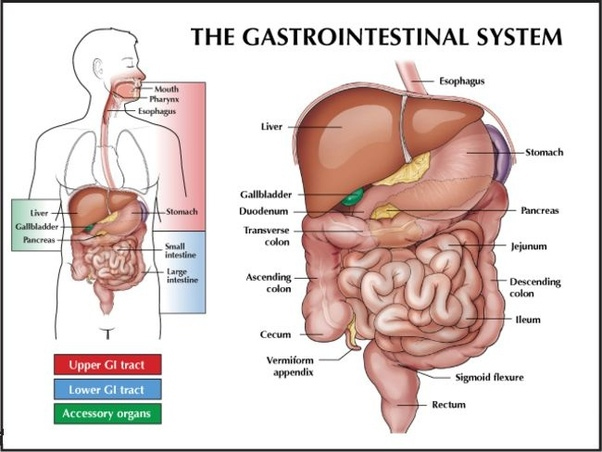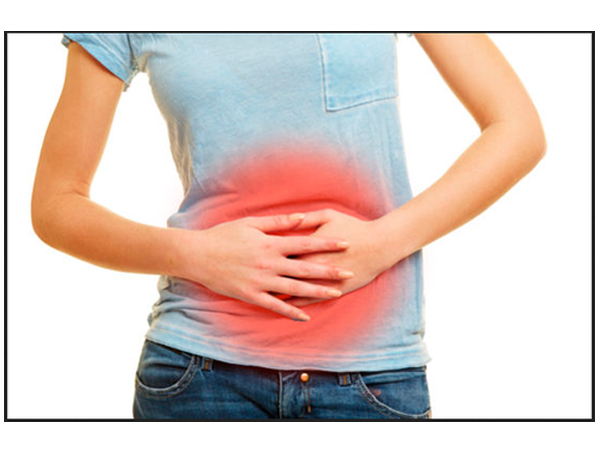



Gastroenterology is a medical specialty dealing with the study of the digestive system and its disorders.
The knowledge and technology in Gastroenterology has grown massively in the last two decades and has branched into various subspecialties like hepatology, pancreatology, functional bowel disorders with motility studies, therapeutic endoscopy and endoscopic ultrasound. Gastrointestinal services incorporate a joint medical and surgical approach for the prevention, diagnosis and treatment of gastrointestinal, liver and pancreatic disorders including cancer.


The department of Gastroenterology at New Bombay Hospital provides a comprehensive and state-of-the-art service by means of the outpatient and inpatient facilities. The department is manned by esteemed and experienced gastroenterologists, efficient medical officers, skilled and compassionate paramedical staff, and well-trained technicians. The aim of the department is to provide a patient-focused approach.
Gastroenterology is a medical specialty dealing with the study of the digestive system and its disorders. The knowledge and technology in Gastroenterology has grown massively in the last two decades and has branched into various subspecialties like hepatology, pancreatology, functional bowel disorders with motility studies, therapeutic endoscopy and endoscopic ultrasound. Gastro-intestinal services incorporate a joint medical and surgical approach for the prevention, diagnosis and treatment of gastrointestinal, liver and pancreatic disorders including cancer.
Endoscopy
Radiology
Dietetics and Nutrition
24hr PH manometry and anorectal physiology
Screening and surveillance
Open surgical procedures involve an appropriate sized incision made over the area of the body to be operated. The patient may require a post operative stay of minimal 5-7 days or more depending on the complexity of the procedure.
Oesophageal disorders: reflux, motility problems, malignancy
Peptic ulcer disease
Complex luminal disease: e.g. inflammatory bowel diseases like irritable bowel syndrome and gastrointestinal infections
Complex liver disease, viral hepatitis, infection autoimmune disease
Chronic liver disease, management of cirrhosis and its complications (hepatocellular cancer, variceal bleeding, hepatic encepahalopathy, hepatorenal syndrome)
Assessment for liver transplant
Post liver transplant follow up
Gall bladder: cholecystitis, stones, cancer
Acute and chronic pancreatitis
Pancreatic Cancer
What is Upper Endoscopy?
Upper endoscopy is also known as gastroscopy. This test simply involves swallowing a small tube and doing this enables your doctor to examine the lining of the upper part of your gastrointestinal tract, i.e., the oesophagus , stomach, and duodenum (first portion of the small intestine)
Why is Upper Endoscopy done?
Upper endoscopy is usually performed to evaluate symptoms of persistent upper abdominal pain, nausea, vomiting, and difficulty in swallowing or bleeding from the upper gastrointestinal tract.
What Preparation is Required?
The stomach must be completely empty. You should not eat or drink anything, including water, for approximately 6 hours before the examination. Your doctor will be more specific about the time to begin fasting, depending on the time of day that your test is arranged.
What is a Colonoscopy?
Colonoscopy is a test which allows the endoscopist to look inside your entire large intestine, from the lowest part, the rectum, all the way up through the colon to the lower end of the small intestine.
Why is this procedure done?
The procedure is used to diagnose the causes of unexplained changes in bowel habits. It is also used to look for polyps and early signs of cancer in the colon and rectum.
Preparation for the procedure
Colonoscopy is usually done as an outpatient or day case. Before your procedure, you will be asked to dress into a hospital gown and to lie on your left side with your legs in a curled position. The procedure itself usually takes about 20-30 minutes. But, you should consider about 2-3 hours of time in totality, considering everything from preparation to treatment, colonoscopy, and recovery.